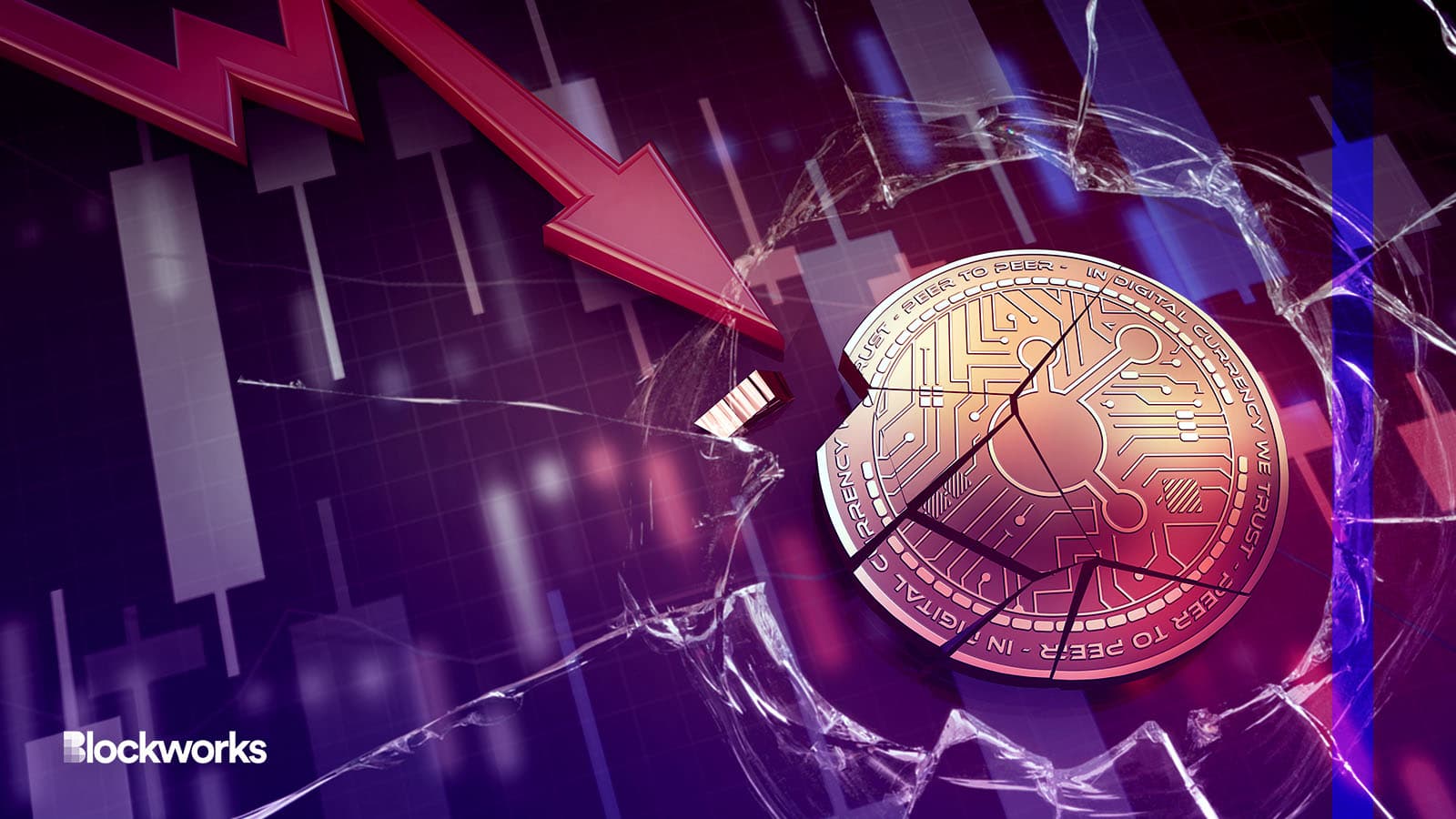Remember BitConnect? Victims of $2.4B Fraud To Recoup a Mere $17M.
The Justice Department seized $56 million from BitConnect in 2021, and is now returning just $17 million to 800 victims

Source: Shutterstock / knipsdesign, modified by Blockworks
Victims of the BitConnect fraud, one of the largest cryptocurrency scams ever, are set to recover some of their losses under a court order.
The Department of Justice said on Thursday that a federal district court in San Diego has ordered the restitution of $17 million to 800 victims from over 40 countries, more than a year after the exchange’s top promoter pleaded guilty to wire fraud charges.
Federal prosecutors charged BitConnect, founder Satish Kumbhani and its top promoter Glenn Arcao in Sept. 2021 of defrauding amateur investors out of $2 billion through an unregistered securities offering.
The Securities and Exchange Commission alleged that BitConnect made investors believe they could generate exorbitant returns through its proprietary “volatility software trading bot.”
Instead, BitConnect and its founders used investor funds for their personal benefit and sent them to digital wallets under the founders’ own control.
Arcaro was last year sentenced to a little over 3 years in prison for allegedly marketing BitConnect’s lending program as a lucrative investment. Arcaro, along with his associates, made sure that 15% of the funds going into BitConnect were directed to a slush fund used for the benefit of the owner and promoters, US attorneys said.
Prosecutors further said Arcaro operated a “textbook Ponzi scheme” by using money from new investors to pay those who joined earlier. He allegedly created a website called Future Money to attract investors to the exchange’s lending program.
The scheme allegedly trapped over 4,000 victims from 95 countries.
In Nov. 2021, the Department of Justice was granted a request to sell about $56 million in fraud proceeds tied to BitConnect. The government said it sought to make investors whole by selling the cryptoassets, then holding the proceeds in US dollars in order to provide restitution.
The DOJ didn’t mention when it sold the funds it seized, but evidently it was not before the 2022 crypto crash which began in May, as the distribution of $17 million reflects substantial changes in cryptoasset prices.
Still, it is worth noting that the $17 million is just 0.7% of the total $2.4 billion BitConnect fraud.
BitConnect’s founder Satish Kumbhani was indicted last year for orchestrating the “global Ponzi scheme.” But prosecutors have said he remains at large, and it’s likely that he left his native country India to an as-yet unknown location.






